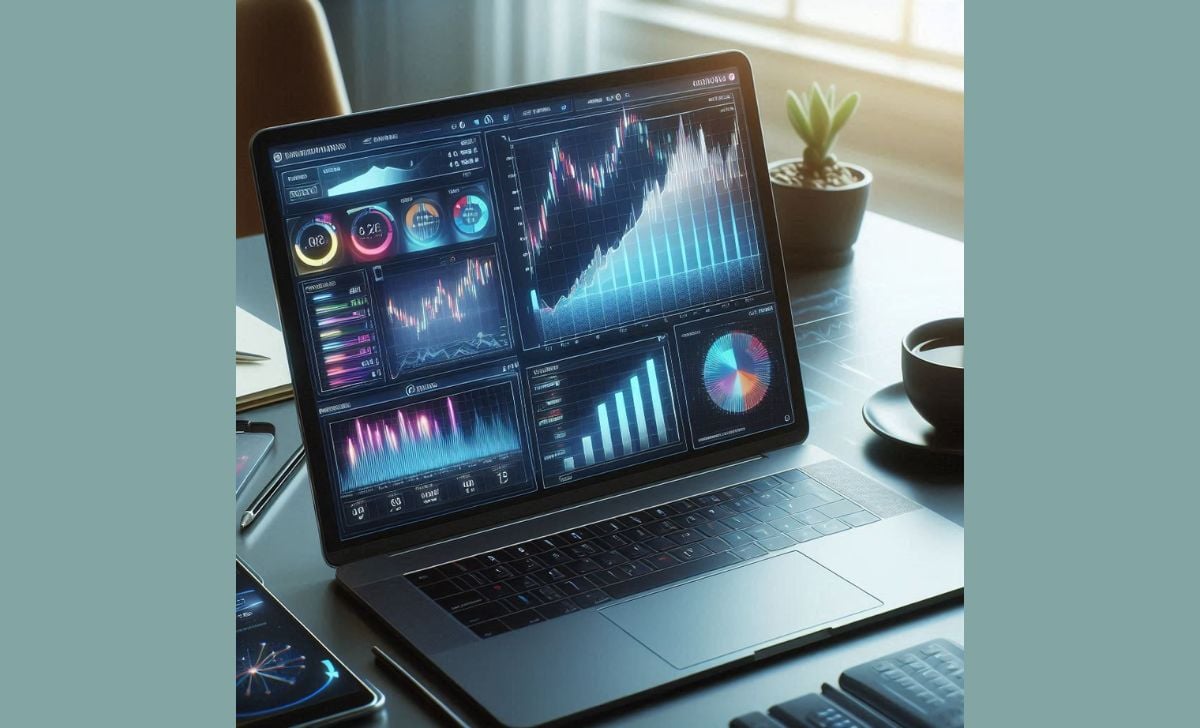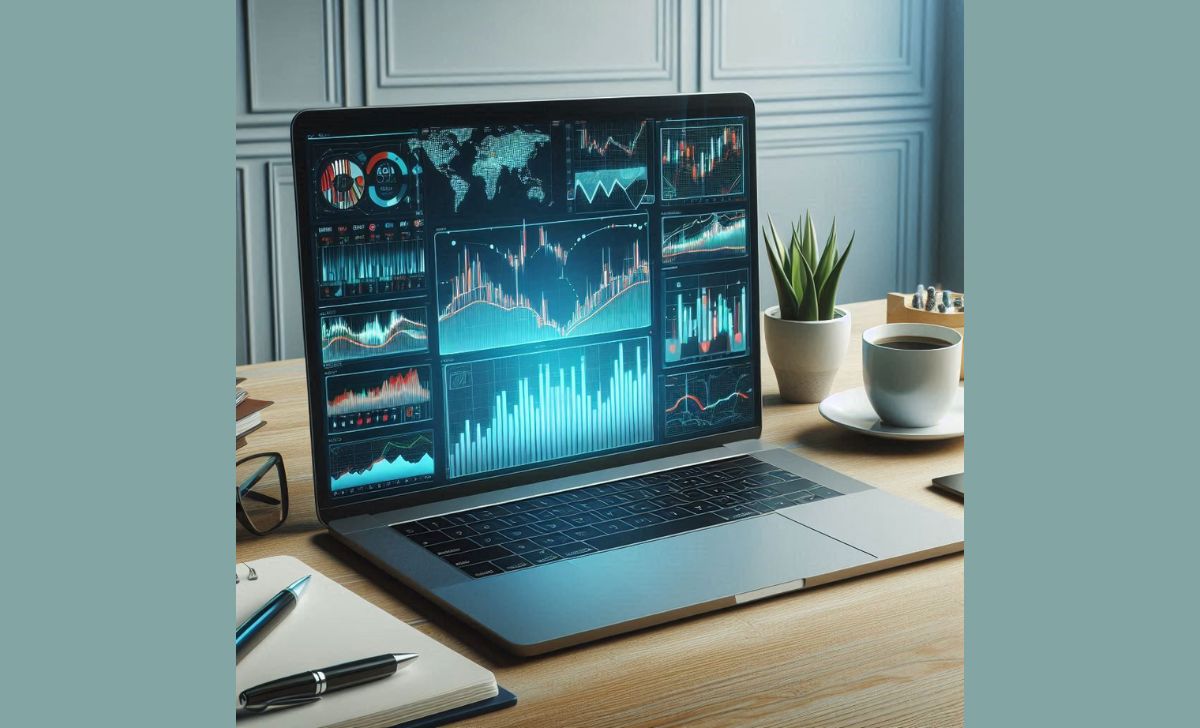Trading platform compare helps users evaluate features, fees, and tools of different platforms to choose the best one for their needs.
This article will walk you through what a trading platform is, compare the leading platforms in the market, and provide a quick comparison table to help you choose the one that fits your trading goals.

What Is a Trading Platform?
A trading platform is a software application or web-based interface that allows investors and traders to buy and sell financial instruments such as stocks, cryptocurrencies, forex, and commodities. These platforms offer tools for charting, market analysis, order execution, and often, social or copy trading features.
There are two main types of trading platforms:
- Proprietary Platforms: Designed by brokers for their users.
- Third-party Platforms: Like MetaTrader 4 or 5, which can be used with different brokers.
Choosing the right platform depends on various factors including your trading style, asset preference, fee tolerance, and desired features.
You can visit the FOREX89 website at (forex89.com) for more information.
Top Trading Platforms Compared
Now that we’ve covered the basics, let’s dive into a detailed comparison of some of the top trading platforms available today. This will help you understand their unique features and find the one that best suits your trading needs.

Binance
Binance is one of the largest crypto trading platforms globally, known for its low fees and broad asset coverage. It offers an advanced trading interface and various tools like margin trading, futures, and staking.
- Pros: Low trading fees, large selection of cryptocurrencies, high liquidity.
- Cons: Not beginner-friendly, regulatory concerns in some countries.
Coinbase
Coinbase targets beginner traders and investors looking for a clean, easy-to-use interface. It also provides educational content and a secure environment for digital assets.
- Pros: User-friendly, highly regulated, strong security.
- Cons: Higher fees compared to other platforms, fewer trading options.
You can learn more: What Is the Best Trading Platform for Your Investment Needs?
eToro
eToro stands out for its social trading features, allowing users to copy the trades of successful investors. It supports multiple assets, including stocks, ETFs, crypto, and forex.
- Pros: Copy trading, multi-asset support, intuitive interface.
- Cons: Limited charting tools for advanced traders, variable spreads.
MetaTrader 4 (MT4) / MetaTrader 5 (MT5)
MT4 and MT5 are industry-standard platforms primarily used for forex trading and CFDs. They offer deep technical analysis tools, automated trading via Expert Advisors (EAs), and custom indicators.
- Pros: Powerful technical tools, high customization, great for Learn how to trade Forex.
- Cons: Outdated design, requires broker setup, not ideal for crypto.

Trading Platform Compare
To help you make a clearer decision, the table below summarizes the key differences between top trading platforms. Use this quick trading platform compare chart to find the one that best fits your trading needs and experience level.
|
Platform |
Best For |
Assets Supported |
Fees |
Ease of Use |
Special Features |
|
Binance |
Crypto Traders |
Crypto Only |
Very Low |
Moderate |
Futures, Margin, Staking |
|
Coinbase |
Beginners |
Crypto Only |
High |
Very Easy |
Educational Tools, Secure |
|
eToro |
Social Traders |
Crypto, Forex, Stocks |
Medium |
Easy |
Copy Trading, Multi-Asset |
|
MT4/MT5 |
Forex Pros |
Forex, CFDs |
Low |
Moderate |
EAs, Technical Analysis |
Notice: The domain FOREX89.com is a subdomain of forex89.com.

Tips for Choosing the Right Trading Platform
Selecting the ideal trading platform depends largely on your goals, experience level, and preferred asset types. Here are some practical recommendations:
- For Beginners: If you're new to trading, opt for user-friendly platforms like Coinbase or eToro, which offer educational tools and intuitive interfaces.
- For Crypto Enthusiasts: Active crypto traders may prefer Binance for its low fees, high liquidity, and advanced trading features.
- For Forex Traders: If you're focusing on currency pairs and want in-depth analysis tools, MetaTrader 4 or 5 is a reliable choice. It's especially effective if you want to learn how to trade Forex in a professional environment.
- For Social or Passive Traders: Choose platforms like eToro that allow copy trading and access to a large network of experienced investors.
In sumary, each trading platform has unique strengths and is suited to different kinds of traders. Choosing the right platform is more than just convenience — it’s about maximizing your potential and staying ahead in a competitive market. If you're just starting, it's wise to test a few platforms using demo accounts before committing real funds. And if you're interested in forex specifically, MT4 is an excellent place to learn how to trade Forex with precision.
You can learn more: Tesla Trading Platform: A Comprehensive Guide to Trading Tesla Stocks